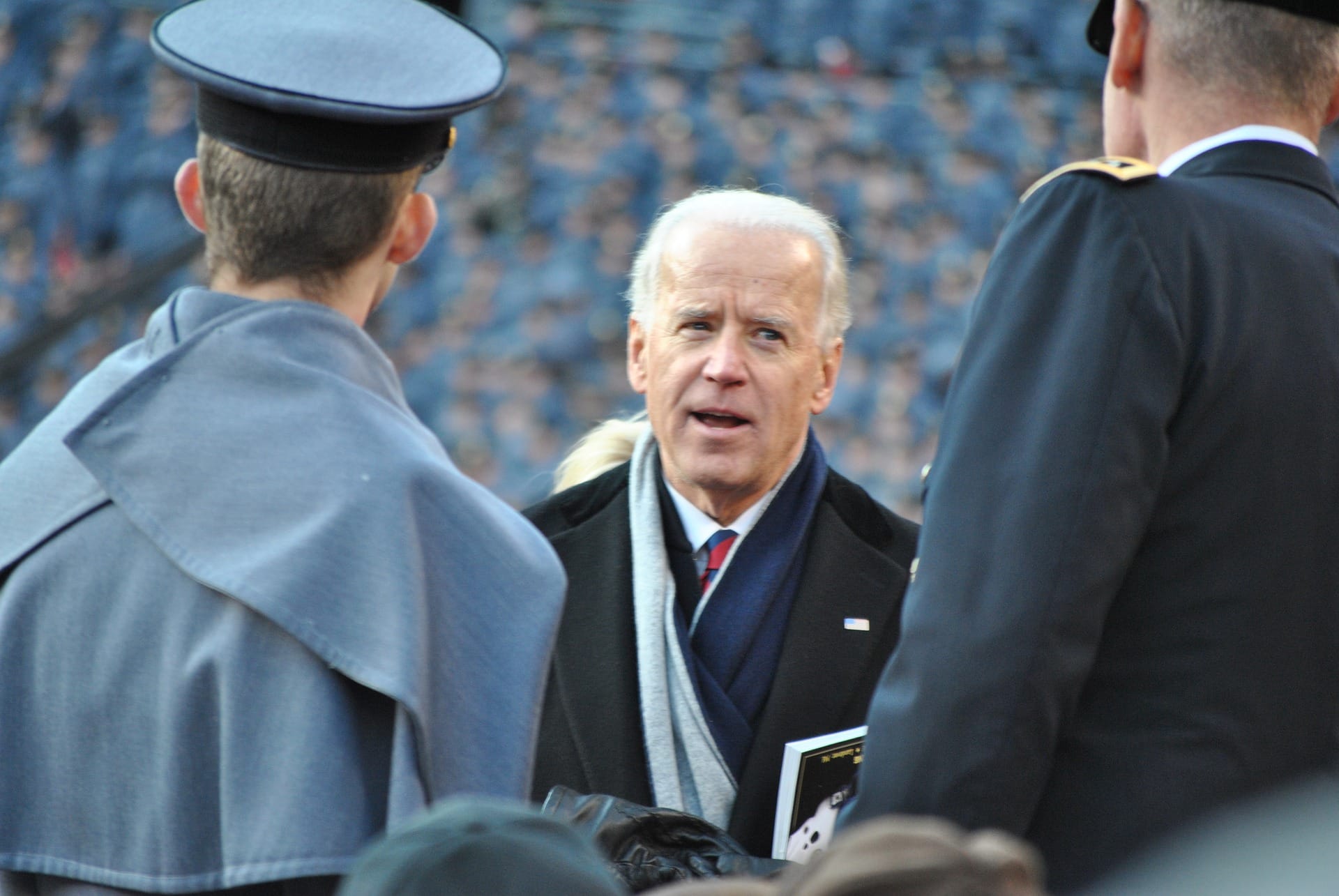Recently, the Biden administration has decided to address the elephant in the room with the issuance of the latest executive order. The main focus of this directive is to engage nominated cogs of the establishment to work on the matter of cryptocurrency regulations. For a long time, investors in the United States have been debating the subject.
A recent report published by Barrons recently revealed an inside source who shared further details on the topic. The prospective directive will be added to the national security memorandum that the White House will release during the next few weeks. In lieu of this memo, the government agencies will treat the matter as a national security concern.
Many commercial enterprises have postulated that cryptocurrencies are a high-risk commodity due to the lack of a legal framework. With the new directive, the White House is taking a step in recognizing the cryptocurrency market formally. A few weeks back, the Biden administration signed a bipartisan bill that generated a lot of controversy among the crypto community members.
The infrastructure bills plan to impose heavy taxes and financial reporting obligations on cryptocurrency traders. Furthermore, the bill also included technical stakeholders like miners and developers in the legal definition of digital brokers. Since then, a few Senators have filed an amendment request to make changes.
The insider source that briefed Barrons reporter on the executive order issued by the White House claimed that cryptocurrencies are a borderless market. Therefore, the executive order regulations are likely to influence that international cryptocurrency space. According to the insider, the White House legislators are planning to treat the nascent industry on a holistic basis covering products like digital tokens, NFTs, and stablecoins.
The nominated departments to take part in the process are the Council of Economic Advisers, the State Department, the National Economic Council, the Treasury Department, and the White House Security Council. According to the insider, the White House may not issue a proposal and act as a policy coordinator. Meanwhile, the appointed agencies have six months to create a regulatory framework for the crypto industry.
